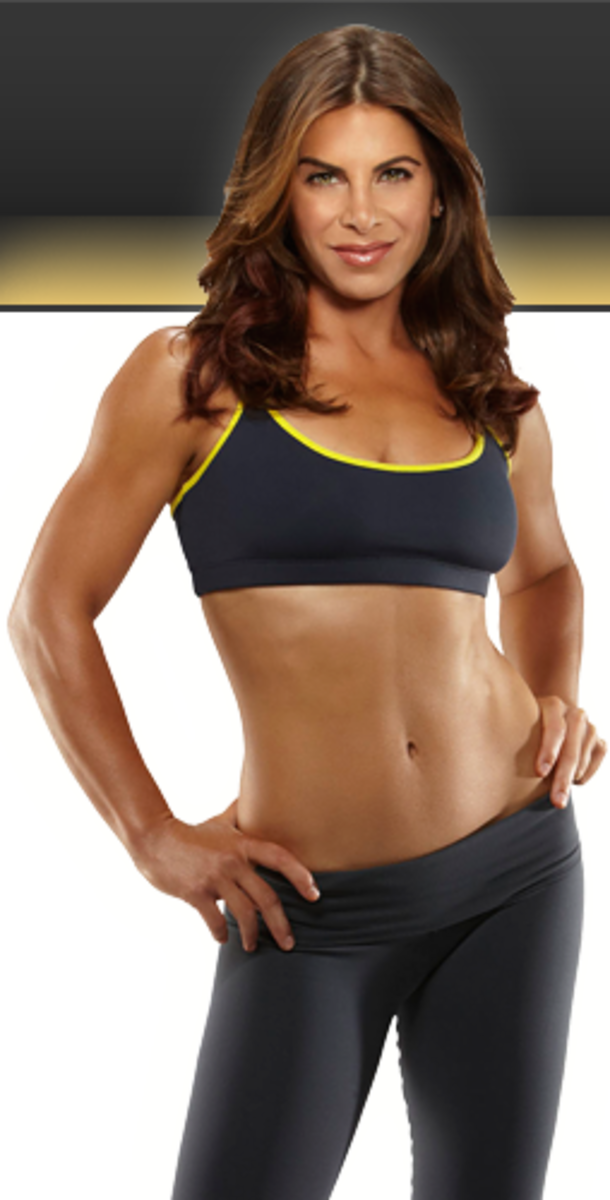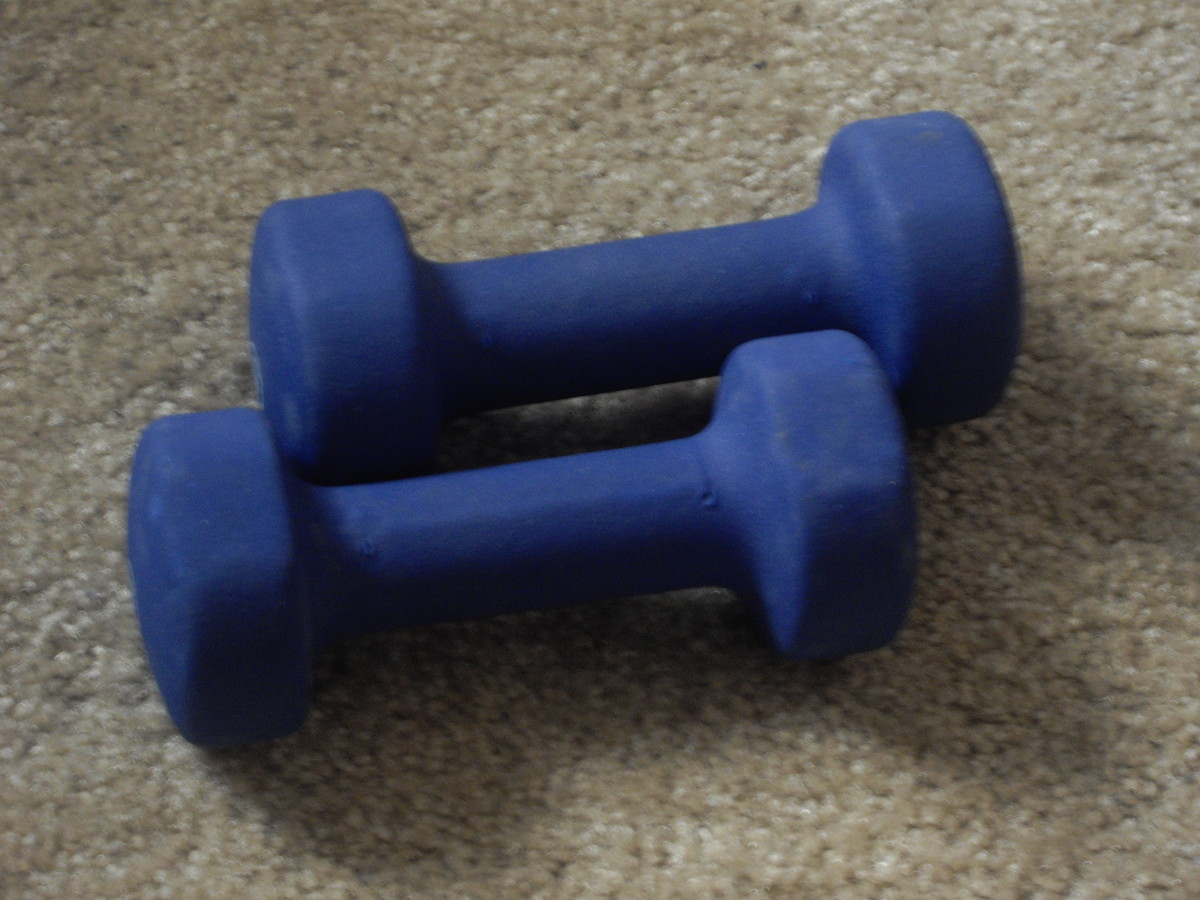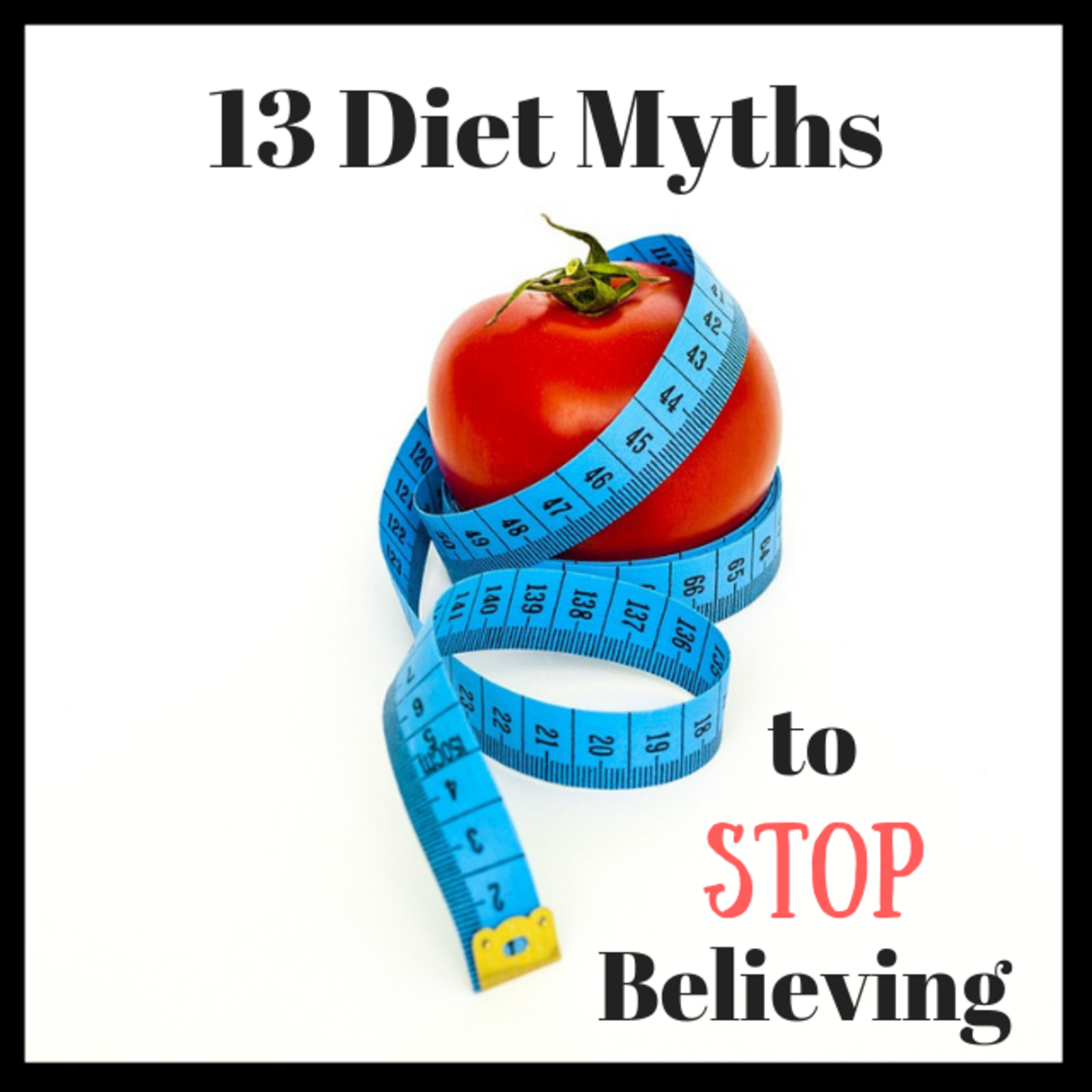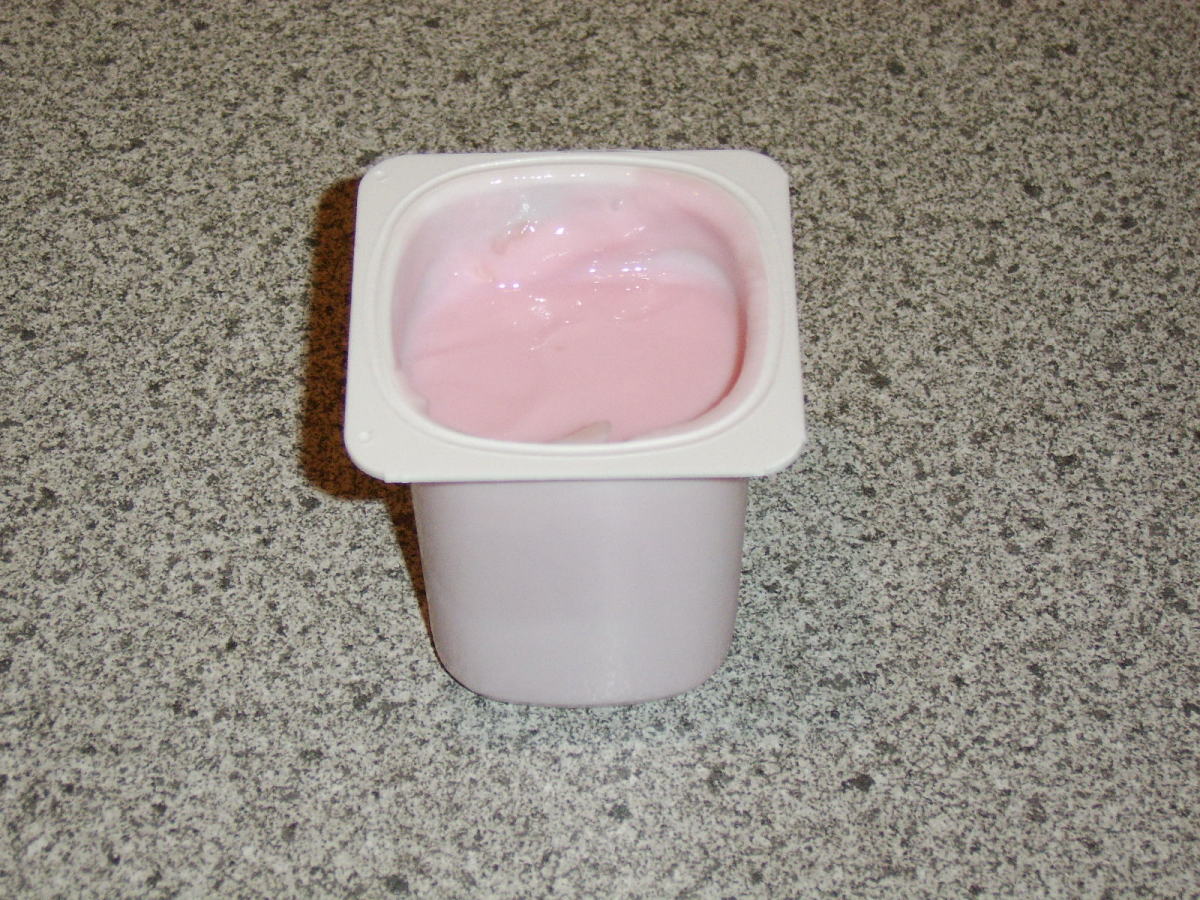Are your Fitness Goals Realistic?
Using SMART Goal Setting

What are your Fitness Goals?
A large percentage of the population is morbidly over weight. In fact, recently obesity is now being considered as a disease. I personally don't agree with that, I think it is more of a side effect of other underlying conditions/issues, but that's a whole other discussion. One of the biggest problems is because of all the media hype, the magazines, commercials and infomercials. Many people get mislead into thinking/believing they can transform themselves into some lean, muscle bound machine in 30, 60 or even 90 days. The programs/diets show you these overweight before pictures and these lean, muscular after pictures that are awesome transformations and are very motivating by the way. However, I don't know how I can be any more straight forward, but that is a load of crap and not even feasible. The human body does not work that way nor that fast for that matter. Even with the assistance of HGH (human growth hormone) or PED (performance enhancing drugs), 98% of us still could not achieve that amount of fat loss/muscle gain in 90 days. If it was that simple, we would all be walking around looking like Arnold Schwarzenegger or Lazar Angelov. The first thing you need to understand when beginning your fitness/muscle gain/weight loss journey, is not setting yourself up for failure with unrealistic, unattainable goals. You have to be honest with yourself. Having a goal set to look like Mr Olympia, Phil Heath is not exactly realistic, and thinking your going to get anywhere in the same vicinity of looking like Phil Heath in 90 days is even more ridiculous. Your goals should start off small and focus on gradual changes in fat loss/muscle gain and strength.
This Type of Change will not Happen in 90 days
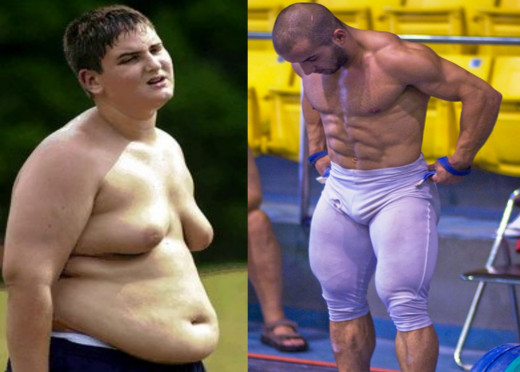
Losing Fat is a Process
Your over weight, your motivated and you have decided to get in shape and lose the fat. Like I stated previously, when setting your fitness goals you have to be honest with yourself and realistic. Deciding you're going to lose 60 lbs in 90 days (3 months) is completely lacking logic. First of all, if you actually have 60 lbs of fat to lose in the first place, no diet of the week or magic pill is going to change that. Your lifestyle has to change, and secondly, if you were actually burning that much fat, you would be eating into/losing muscle as well. Bottom line, there is a standard level of calories that you must consume on a daily basis in order to gain new muscle/lose fat (depending on each individual and their body), the idea is to consume "better" calories. The quality, preparation and make up of the food you consume will determine how your body uses it. Even if you're in decent shape, and only have 10 to 15 lbs of fat to lose, your goal/plan should be set for at least 8 to 12 weeks. The gradual loss of calories/fat will make sure your body does not go into starvation/panic mode and start storing what you eat as fat and sacrificing muscle.
Make takes time to see Progress
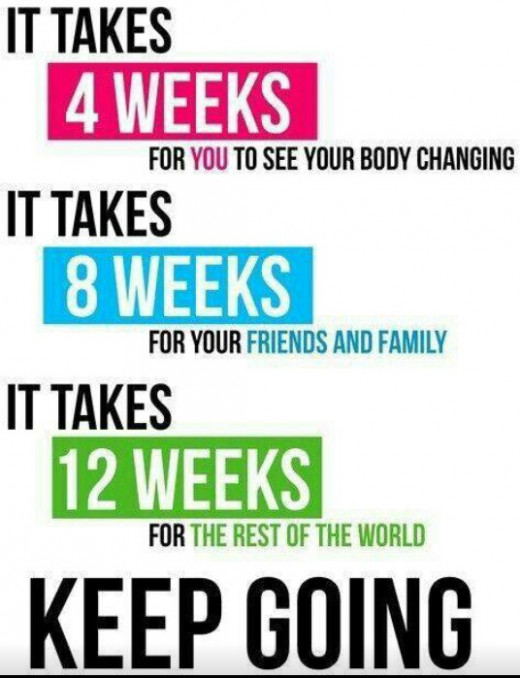
Lean muscle

Gaining Muscle
Let's get one thing straight before going any further. The Human body is only capable of gaining approximately 12 to 15 lbs of lean muscle in an entire year. Yes, I said a year. It does not matter who you are or who you think you are, how good your genetics are or how much weight your pushing on the bench. It is not possible to gain more lean muscle than that. Period. Notice I'm stressing "lean muscle". Even if you have been training before, and you plan on pumping yourself full of HGH and PED's for the next year non-stop, your goal of obtaining 30 or 40 lbs of muscle in a year are not very realistic. Ironically, bulking will add more fat than muscle. If your goal is to look like Mr Olympia by Christmas, I've got two words for you....Not Happening! You should set your goal to adding about 10 to 12 lbs of muscle to your body a year. If you're building your body naturally without chemical assistance (PED's or HGH), you will be capable of gaining a little more than that. Training and diet goal should be set to gain about 2 lbs of lean muscle per month.
Strength Training

Gaining Strength
Getting stronger kind of goes hand and hand with fat loss and muscle gain. You also have to be realistic when it comes to strength gains as well. Some people are naturally strong and some people are not. The gains go along with your potential. If you have always been small, 120 lbs with wet boots on and you struggled to bench press 80 lbs when you started working out, it is simply unrealistic to set a goal of bench pressing 500 lbs. If you tip the scales at 260 lbs, and your benching 315 lbs, your not very strong nor do you have a lot of muscle. You have the potential to be very strong, but pushing 55 lbs over your own body weight is not very strong. Strength gains are going to be gradual as well. If you are bench pressing 250 lbs right now and it took you 10 years to get to this point, how do you figure your going to add 100 lbs or more to your lift within a year? Its not possible. Even with chemical assistance that is still a very tall order and asking for a lot. Strength goals should be planned and set at adding 40 to 50 lbs of weight to your major compound movements in a year.
Strength Training

Supplements
Some people use and see supplements as crutches, but it really just comes down to you and how bad you want to acquire your goal. All the supplements in the world are not going to help without you putting in the work. Supplements are simply aids, they "aid" you in reaching your goal. You should never be dependent on any kind/type of supplement and they should be more like the finishing touches on your weight training and diet plan. If you are an avid coffee drinker (consists of caffeine), this would be an example of why you should not be dependent on anything. Think of how you drag or feel lethargic when you do not have your morning coffee. Not taking a break or abusing supplements can/will have that same effect, if not something worse. Too much of anything is bad for you.
Cardio

Cardiovasular/Weight Training
They say that having the motivation to step into/get to the gym is the hardest part, which is true for the most part. What happens once you're in the gym is even more important. Jumping around from machine to machine, or whichever machine is available because the gym is crowded, my give you some results if you're a beginner, however your body will adapt quickly, so that beginning stage progress is not going to last too long. When your an intermediate lifter, your weight/cardiovascular training must have structure. Your routine should consist of compound movements for the target muscles being worked (4 sets of 8 to 10 reps) and isolation movements (4 sets of 10 to 15 reps). Cardiovascular sessions should be moderately intense for approximately 45 to 60 minutes. You do not want to do too much cardio work and start burning into your hard earned muscle. You will begin to see the results in your fat loss, appetite, and muscle preservation.
What's most important to you?
Be honest with Yourself
Being unrealistic is one of the biggest problems with most peoples fitness goals. You get excited and motivated by these 90 fitness challenges promises, wonder diets and magic pills and potions. When you don't get the results that were promised or you did not transform like the person in the picture, you get discouraged and stop working and start thinking that exercising really doesn't work. Everyone is different and results are always going to vary. This is you versus yourself, no one else. There is nothing wrong with idolizing fitness competitors and body builders and using there posters or words for motivation and inspiration, but lets be practical, more than likely you're not going to get to that point. Your goal should be set at being a better version of you. The only person you should be competing against is you. If you keep it real with yourself, put in the work and a healthy diet, there is no doubt you will turn into a healthier, more fit, stronger version of you.
More links with weight loss information
- Nutritional/Diet habits you should avoid
Eating healthy and losing weight doesn't have to be difficult, it will and can occur by simply changing the bad habits many of us have.
- Weightloss is a lifestyle change, not a Diet
If going to the gym 5 or 6 times a week is not for you, and fitness isn't your lifestyle, you can still lose weight with simple tips that don't require a lot of effort.


